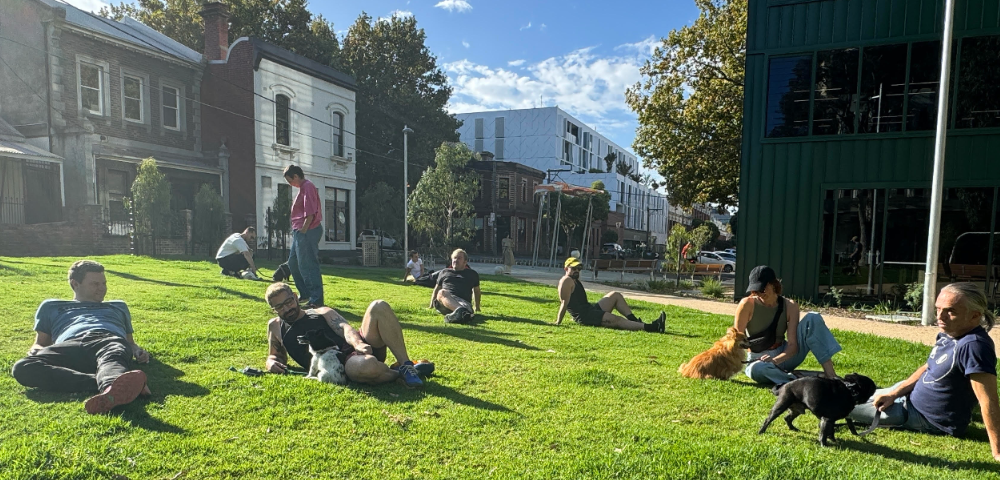

 Barry O’Farrell is right is some ways, and wrong in others. He is right when he says that only a change to the federal Marriage Act can deliver true equality and dignity to LGBTI people who wish to enter into a marriage He is right that State or Territory same-sex marriage laws may not enjoy the same recognition at a national level as marriages under federal law.
Barry O’Farrell is right is some ways, and wrong in others. He is right when he says that only a change to the federal Marriage Act can deliver true equality and dignity to LGBTI people who wish to enter into a marriage He is right that State or Territory same-sex marriage laws may not enjoy the same recognition at a national level as marriages under federal law.
He is wrong, however, to use these reasons as excuses for not lending his support to the Bill introduced into Parliament last Thursday. To understand why, we need to take a step back and look at the bigger picture. If we all agree that the ultimate goal of this campaign is a change to the federal Marriage Act, the question we need to ask is whether State or Territory same-sex marriage is going to bring this goal closer, or push it further away.
If the former, it is probably worth pursuing. If the latter, we should spend our time on other pursuits. While no one can say for sure, it seems to me that same-sex marriage laws in NSW, or other states or territories, would give the overall campaign momentum. Firstly, relationship recognition laws have often followed a pattern where state-based laws came first, followed by consistent national laws sometime later. An example of this is the relationship recognition laws which passed in NSW in 1999.
It took until 2008 for same-sex couples to be properly recognised in federal legislation. Secondly, when same-sex couples are able to be married in some state or territory in Australia, it will show Australian society how human, inoffensive, indeed unremarkable, the act of two people of the same sex committing in loving union actually us. The sky will not fall in and society will not crumble.
It is much easier to fear something which lives in your imagination, than which is happening before your eyes. It will debunk the myths which continue to float around. Given that over 1000 couples have indicated their intention to get married in the ACT already, these laws are clearly something same-sex couples want.
Thirdly, if we thought that State or Territory laws were going to slow down, or even obviate the need for a change to the federal Marriage Act, why would the federal Government go to such lengths to block them (note the pending High Court challenge to the ACT’s new laws)?
You would think they would be pleased! On the contrary, the passage of State and Territory laws would highlight the absurdity of the current situation. They would show that our States are willing to go as far as they possibly can to give gay and lesbian people equal rights. The message from state MPs to their federal colleagues would be clear. Conversely, if we stop pushing for same-sex marriage at a State level, is Prime Minister Abbott suddenly going to take marriage equality more seriously?
Often the comparison is made between State or Territory same-sex marriage laws and federal civil unions, as Waleed Aly did for example in his piece in this week’s Sydney Morning Herald. I am not sure the comparison is valid though. There is no doubt at this stage in the debate that federal civil unions are a “get out of jail” card for Parliament.
The debate has moved beyond that point, and the solution is insufficient. That is why marriage equality advocates have consistently opposed them, while supporting state and territory same-sex marriage. Of course the issues are not simple.
We need to acknowledge too that state same-sex marriage laws appear not to be completely inclusive of some within the broader intersex, trans and gender diverse community (though recent advice from Bret Walker and the Human Rights Law Centre indicates that intersex and trans people will be able to marry under the new ACT laws). In a complex legal situation, we, and the politicians who support us, are doing everything we can to make marriage an option for all Australian couples. We need to explore all possible avenues that are open to us.









